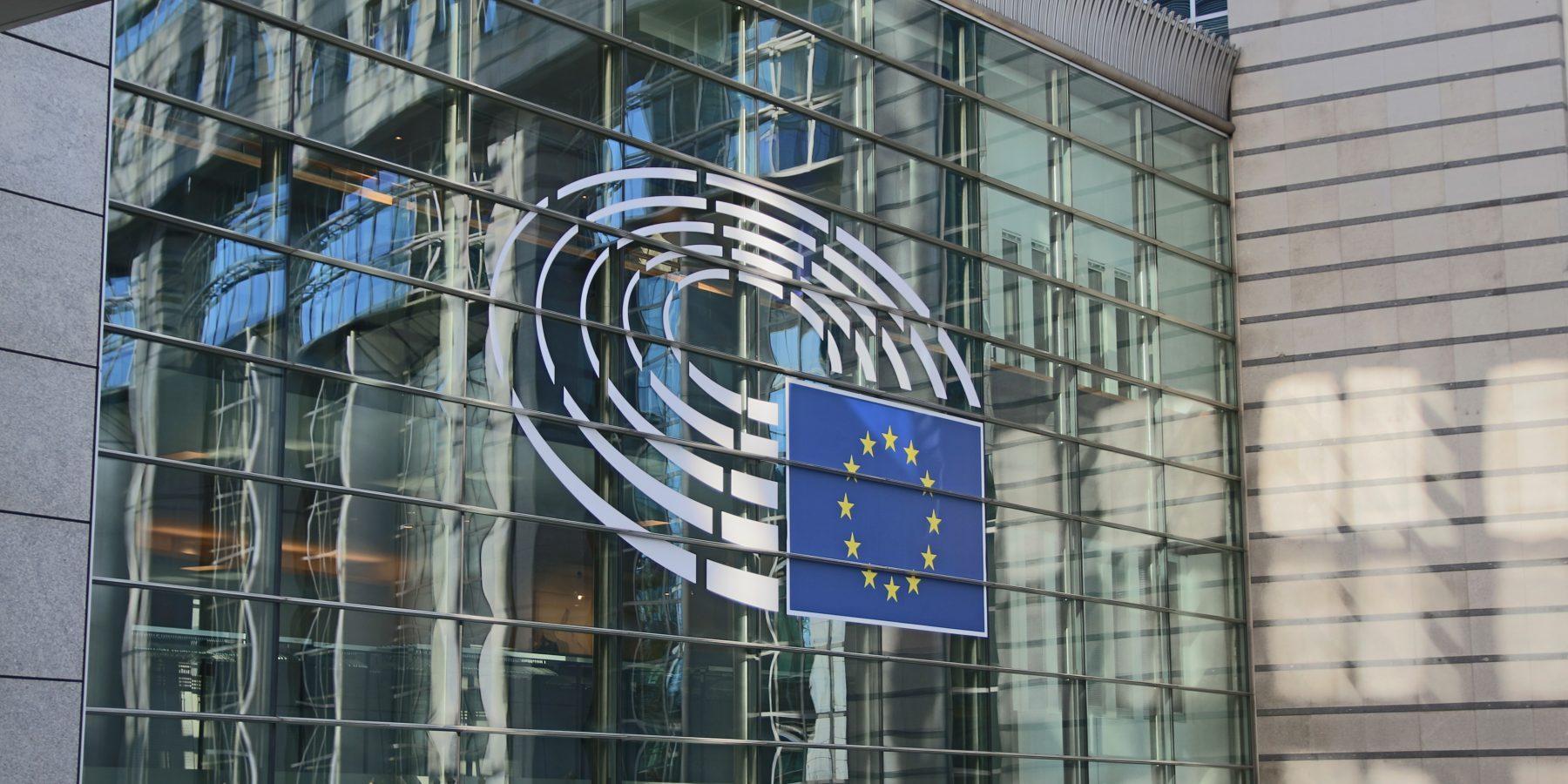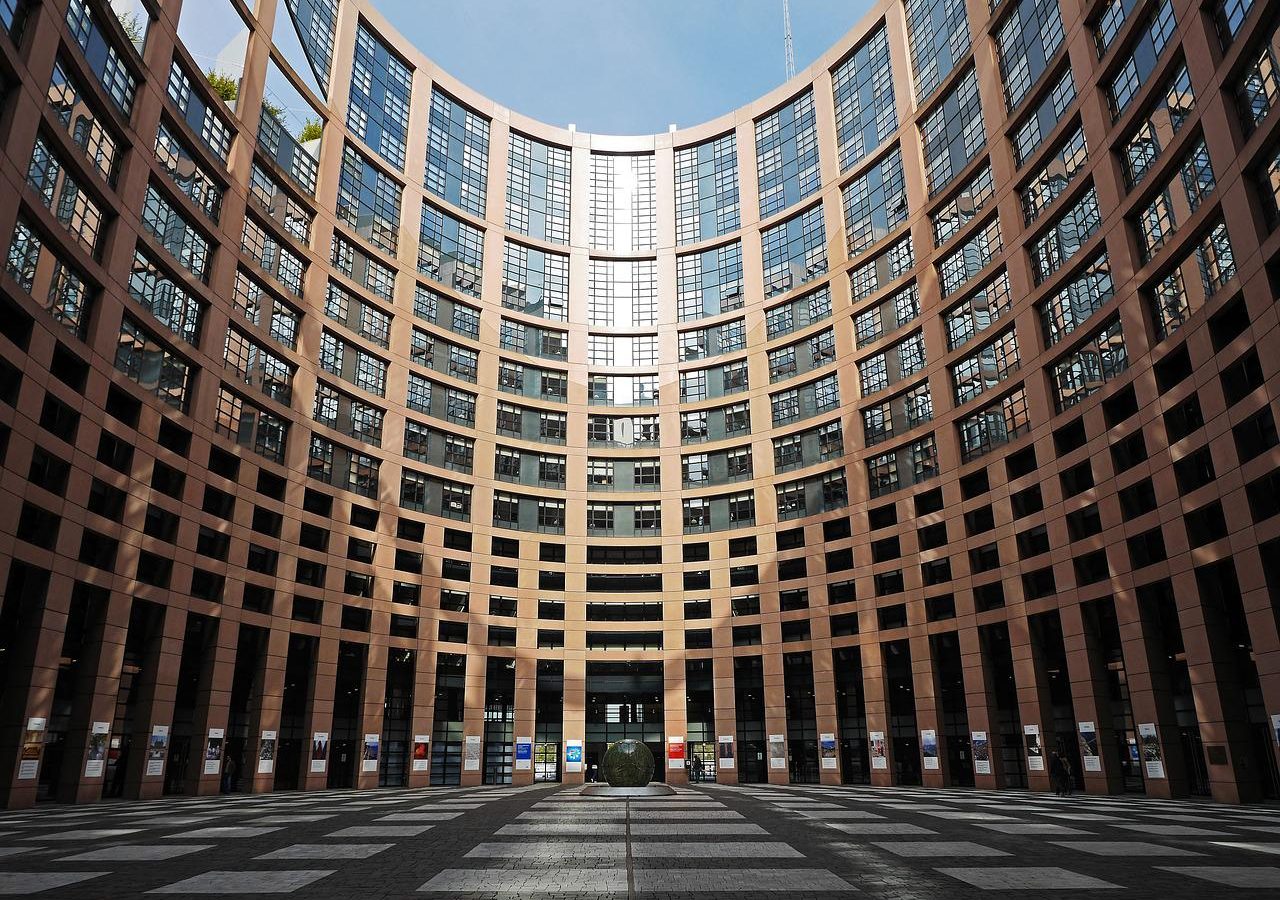
An opportunity to transform business for the better
Commission’s CSDD proposal provides a gateway to more equitable business. However, the current proposal falls short in the ambition it needs, leaving European minimum standard for business conduct inadequate. Outside of leaving loopholes on detecting human rights or environmental violations, limp legislation can lead to imbalances in the Single Market.

Years of austerity politics and deregulation have led to a deficit of accountability for businesses. Soaring prices and profits while millions suffer around the world are endemic of the scrutiny companies have been subjected to in recent times. The social, environmental and economic impacts of opaque supply chains have been highlighted by regular incidents of human rights abuse and environmental violations, while the economic crisis related to the Russian attack on Ukraine has further highlighted the risks that poor due diligence brings. After years of pressure from trade unions, legislators are proposing action, with several EU Member States having introduced their own legislation on due diligence, while others are about to propose similar safeguards to their legislation. Nonetheless, there is a pressing need to harmonise these rules at an EU level to ensure business meet the highest standards
After calls from the European Parliament for a draft directive, the European Commission published a proposal for Corporate Sustainability Due Diligence (CSDD). Despite this positive development, the Commission proposal is far from a coherent package, riddled with loopholes. In principle, the additional corporate requirements are a welcome addition to fight against human rights abuses, environmental damage, corruption, and other maladies that long global supply chains may hide. According to the proposal, companies should make public their due diligence strategy and should provide a grievance mechanism responding to stakeholders' warnings and concerns. However many aspects of the text underline the main objectives.
Proposal without teeth
Methods of due diligence need to be rigorous to improve the ability of European companies to secure human rights guarantees through their supply chains. Technical details on the responsible practices is an issue, as fundamental areas – such as the scope of the legislation – leave major gaps in improving the ability to identify, prevent, and mitigate human rights and environmental violations in European value chains.
Firstly, the scope of the proposal includes only 1% of European companies. The due diligence responsibility applies to all companies established under the law of a Member State or operating in the EU, with more than 500 employees or 250 for the textiles, agriculture and minerals sectors, and a yearly turnover of more than EUR 150 million, or, respectively, 40 million. The text lacks clarity on how the company size is defined. More importantly, it seems to focus on very artificial divisions between different sectors. A risk-based approach, where companies operating in environments or relying on supply chains that have major risks of human rights abuse (i.e. geographical scope, services that are prone to human trafficking, goods that are at high-risk for money laundering/terrorism financing etc.) could better identify these risks, rather than a simple listing of sectors.
The ambiguity of the text also leaves unclear definitions as to what extent the due diligence measures and discovered abuses are transparent. Providing transparent due diligence methods with an access to national authorities and safeguarding organisations, such as employee representatives, is essential to ensure the reliability of these systems. Trade unions need to be present in due diligence processes from their design phases onwards to prevent harmful practices, not only when it comes to grievance measures.
The Commission proposal also lacks clarity regarding the responsibilities between manager and professionals in the contrast of directors that hold executive power. The risk is, that without a clear definition of ‘directors’ who hold responsibility on setting due diligence systems, legal liability may fall on middle management, who do not hold decision making power on setting systems.
Effective due diligence is crucial for markets, not only victims
While EU legislation can improve the identification, prevention, and mitigation of human rights abuses and environmental violations in the value chains, the legislation needs to provide an effective minimum standard for Member States. Leaving loose definitions, unmeaningful measures and inadequate protection of workers may also lead to discrepancies in the single market. Coherent and ambitious legislation is needed not only to protect human rights and sustainable economic activity, but to ensure a level playing field for the European companies.
The Parliament have a historic opportunity to guarantee these safeguards. MEPs must move to improve the draft text.
